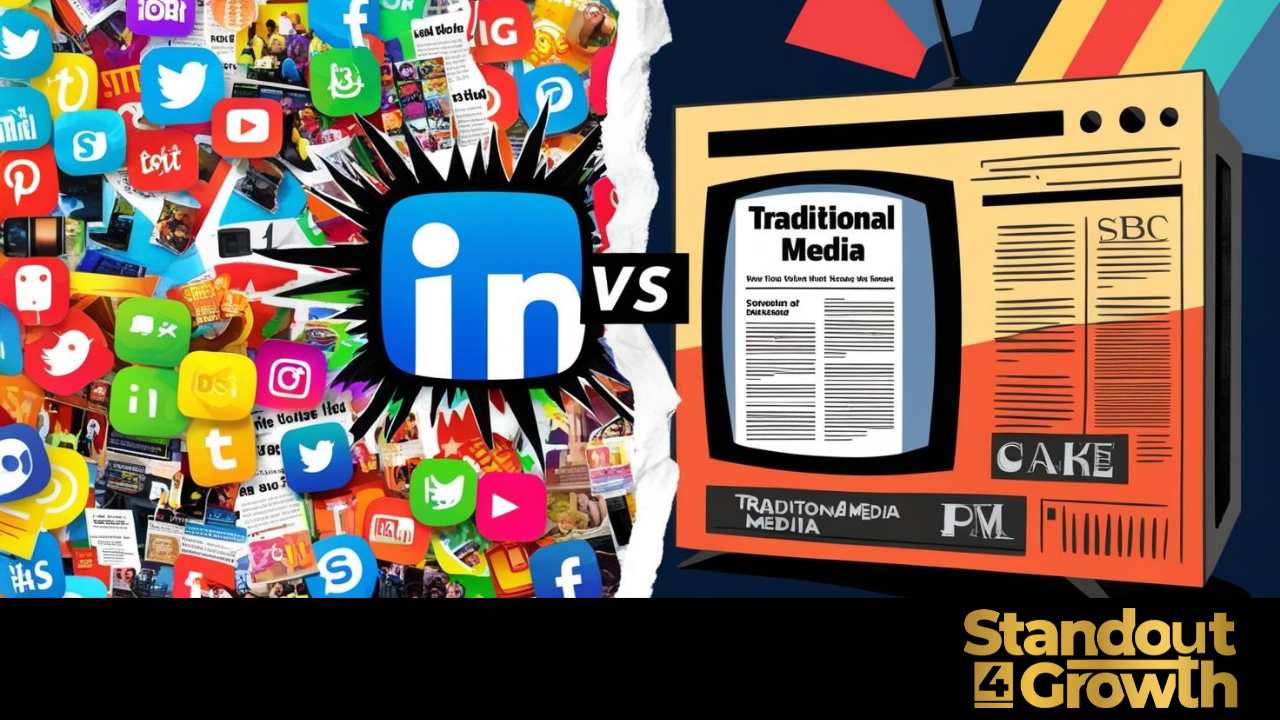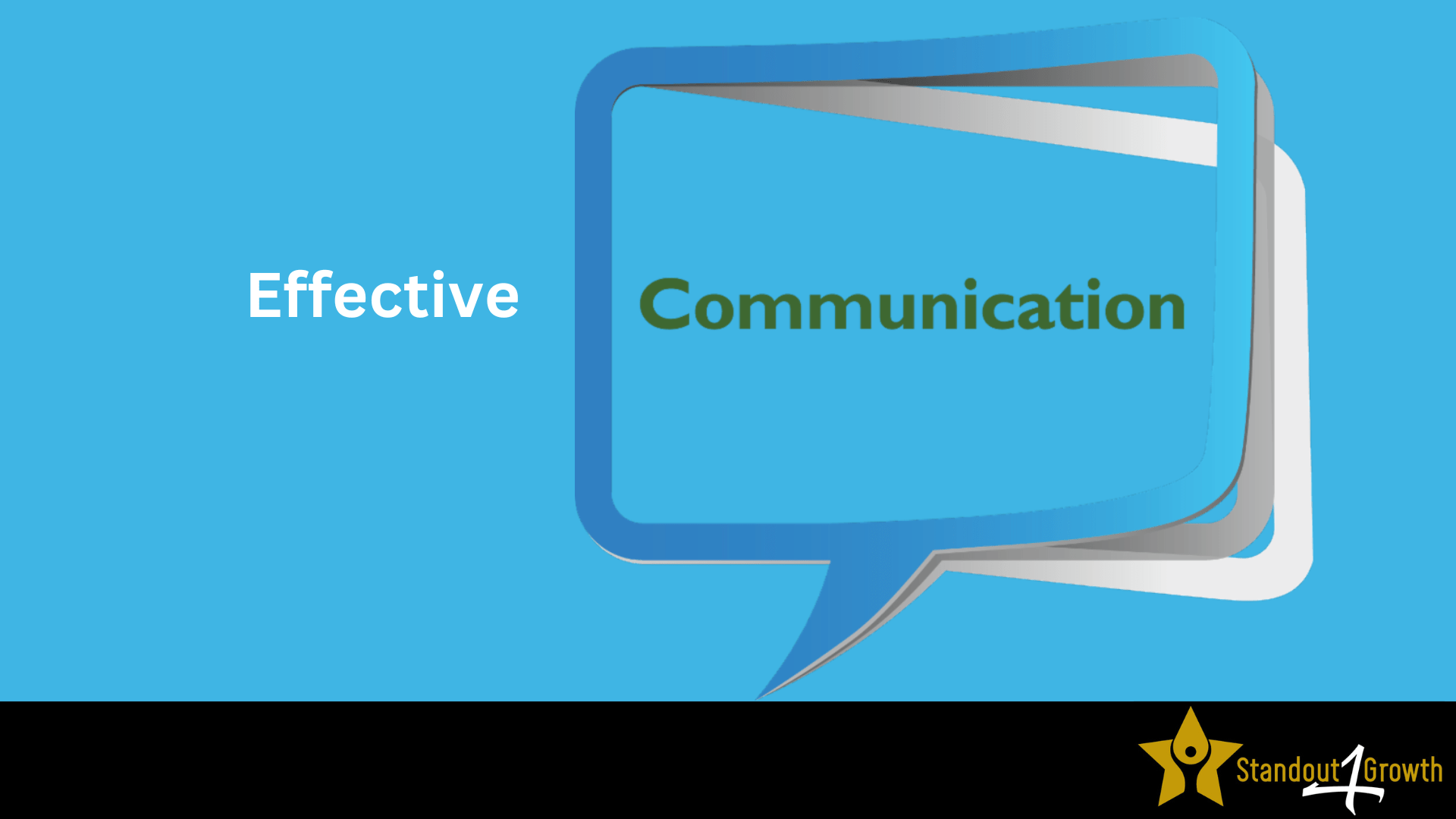
Which Way for Personal Branding? Social Media or Traditional Media?
As a marketing professional with close to 20 years of experience in the communications field, I’ve witnessed the dramatic evolution

Technology is exponential, expensive and unforgiving. History has not been kind towards the businesses that chose willingly or otherwise to ignore technology, with businesses worth millions going under or unable to compete with new entities. Think Nokia, Kodak or even to the days when movie shops were the in thing, or to when our parents were the kings of typewriters
Similarly, the arrival of the Fourth Industrial Revolution, commonly known as 4IR is expected to have similar disruptions in the business world.
4IR is characterized by a range of new technologies that are fusing the physical, digital and biological worlds, impacting all disciplines, economies and industries, and even challenging ideas about what it means to be human. It involves technologies such as artificial intelligence, cloud computing, robotics, 3D printing, the Internet of Things, and advanced wireless technologies among others.
Compared to the revolutions before, 4IR is by far the fastest-changing, maybe because the young generation of today is quick to adopt the technology and the advancements it brings. It is estimated that in a few years, the world will be in the midst of the revolution which will ultimately mean a clear disruption of the key attributes that are pivotal to business today.
Marketing is the business process of identifying, anticipating and satisfying customers’ needs and wants. Marketers can direct products to other businesses (B2B marketing) or directly to consumers (B2C marketing).
4IR is set to revolutionize the current (traditional) concept of marketing to new, better, effective and efficient models. For marketing to be effective, businesses will have to make sure they are adapting their strategies to become more about creating a story and an experience for customers through key methods such as virtual reality and artificial intelligence.
How businesses communicate with customers will change drastically. The modern customer is complex, expects instant and interactive communication, is more informed and empowered than before given the ease of access to the internet. Customers are reigning supreme, deciding when, where and how they get products, services and the assistance they need.
Making a phone call or standing in a long line is quickly becoming a thing of the past to them. They’re becoming more public with their inquiries, doing thorough research on products they need on different platforms and comparing prices and quality. They’re having conversations about brands that businesses can’t afford to miss out on.
Interactive (Nonlinear) marketing approach allows businesses to build on this by collecting information about an internet user’s online activities and trying to be visible in multiple areas where the brand will be more prominent to the user. This is where the Artificial Intelligence (AI), a component of 4IR will apply concepts such as machine learning to achieve marketing goals.
Machine Learning uses algorithms as opposed to relying on human capability to market by collecting, analyzing and acting on customer behavior and this is what then paves the way to Marketing Automation. Being able to analyze your customer’s behavior and providing them with the right solutions, just when they need it is what will transform the marketing landscape to align with the future of 4IR.
This transformative phase is not just for consumers, but it is also for marketers as it has created lots of new job roles such as digital marketing, social media marketing, social listening, influencer marketing, marketing automation, branded content, cloud marketing, big data analysis, data mining, user experience, and so much more. Nevertheless, the core skills of marketing (creativity, message development and management, market segmentation, intelligence gathering) are in demand now than ever before and are harnessed using different formats and tools.
Besides marketing, quality customer service is what keeps businesses close to the clients and enables growth. This entails providing efficient, quick and friendly service, building strong relationships with customers, handling complaints quickly and responding to customers’ issues on time. Therefore, businesses should build on their core technical capabilities as the most basic requirement for success before modernizing their marketing organization. They must position themselves as effective at solving the problem before reaching and influencing their customers.
At the core of marketing, a business should develop consistent messaging for customers and investors, so as to build and maintain trust. This does not have to be expensive, even for small businesses. Create a brand name, and relate to your customers. As you grow, stay true to the original brand while adding improvements to it.
Now more than ever, establishing a digital connection with your customers is very critical. Transform your website into a hardworking tool that welcomes and orients new customers and incorporates the use of social media as it is a powerful, wide-reaching, effective and cost-efficient medium of marketing. Most of all maintain continuous engagement with your clientele. This, when coupled with the use of Artificial Intelligence, and Machine learning to analyze the behavior of your customers and provide the right solutions when required can catapult a business to the profit zone.
Do you believe the changing technologies will influence the future of marketing?
Click to here to read our last article about understanding The A-Z of Content Marketing: Everything you need to Know

As a marketing professional with close to 20 years of experience in the communications field, I’ve witnessed the dramatic evolution

Have you ever noticed that you tend to see what your mind focuses on? If your mind is focused on

Communication is a necessary pre-requisite to effectively managing your brand, be it a corporate / business brand or a personal brand.